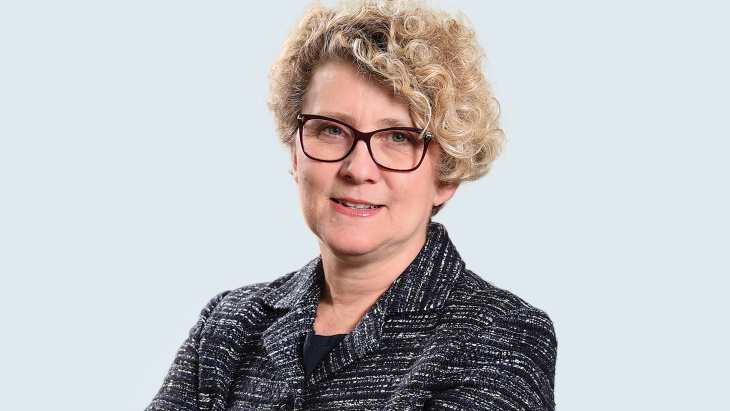Now that our 20th anniversary year is over, I have been reflecting on everything the Nuclear Waste Management Organization (NWMO) has accomplished as we work with others to implement Canada’s plan for the safe, long-term management of used nuclear fuel.
One key quality that came to mind is that honest and transparent collaboration has always been at the heart of our work – we are committed to communicating openly and responsibly, and providing information about how we approach our work and why we make decisions.
None of what we have accomplished so far would have been possible without the people involved in this process. From the development of Canada’s plan through dialogue with thousands of Canadians and Indigenous peoples, to our ongoing collaboration with communities, governments, industry, non-profits, academic institutions and international partners, we are committed to continue being a good neighbour and good partner.
We have certainly seen some great examples of collaboration over the past quarter. I believe there is simply no substitute for face-to-face engagement. That is why I was thrilled to host our first ever Industry Day at our recently renamed and updated Discovery and Demonstration Centre in Oakville, where we test our technological developments and host tours to help people learn about our work. We had originally hoped to host Industry Day in March 2020, but due to the COVID-19 pandemic, we had to change our plans. The wait was well worth it in the end.
We welcomed professionals from across the industry to get an up-close look at the innovative work we have been doing thanks to our team of world-class engineers, scientists, technical specialists and industry partners. And we received some incredible words of support from speakers such as Bill Walker, President and CEO of the Organization of Canadian Nuclear Industries, and John Gorman, President and CEO of the Canadian Nuclear Association.
We also recently held our fifth annual Indigenous Knowledge and Western Science workshop. Walking a path towards Reconciliation and aligning with Indigenous Knowledge are key to our collaboration with Indigenous peoples. So at this most recent workshop, we focused on taking action on our Reconciliation commitments.
The workshop included leadership by an Indigenous facilitator, an Indigenous visual scribe and Indigenous ceremony, with participation from Indigenous Knowledge Holders, academics, researchers and scientists. This ongoing series of workshops continues to be a forum for diverse voices to come together and discuss how these two knowledge systems can be aligned with the NWMO’s work.
And at the United Nations’ Biodiversity Conference, we got an opportunity to showcase another way that we are collaborating with Indigenous peoples. The NWMO was proud to be invited to participate in the Canadian Pavilion to present the Native Bat Conservation Project that we have been collaborating on with our partners at the Toronto Zoo and the Métis Nation of Ontario.
Through this project, we are working with Métis volunteers to gather data on bat populations that will advance the national bat recovery strategy. Together, we have recorded a significant volume of high-quality data that can be used by the wider scientific and conservation communities to implement meaningful conservation measures for bats.
Collaboration is essential when working to protect people and the environment for generations to come. We cannot and will not do this work without you, and I look forward to the opportunities for collaboration that will emerge in the coming year.

